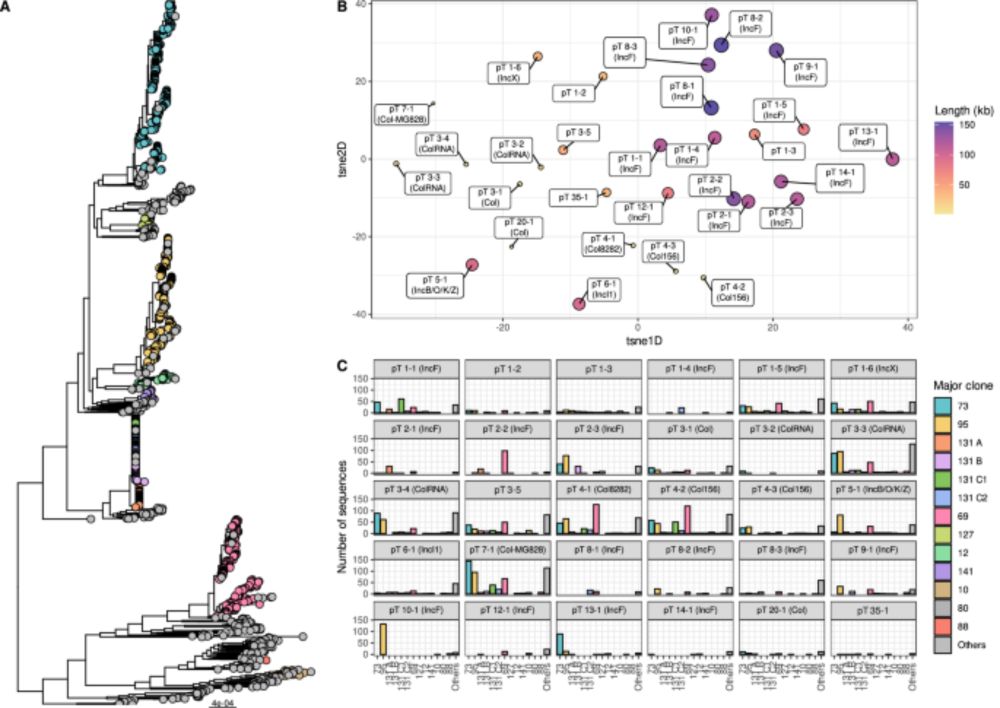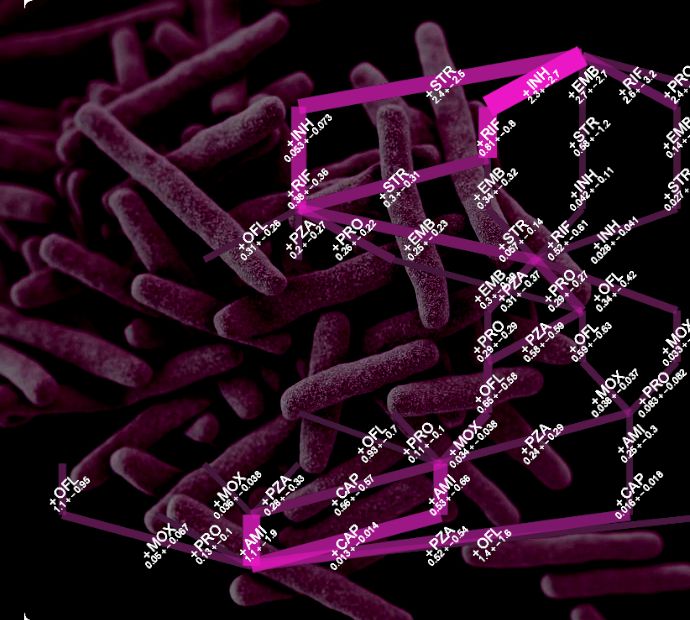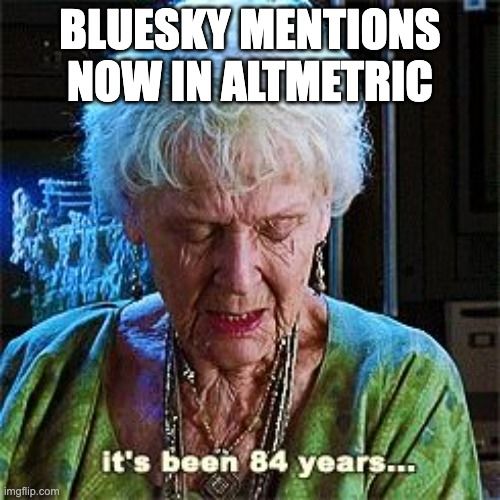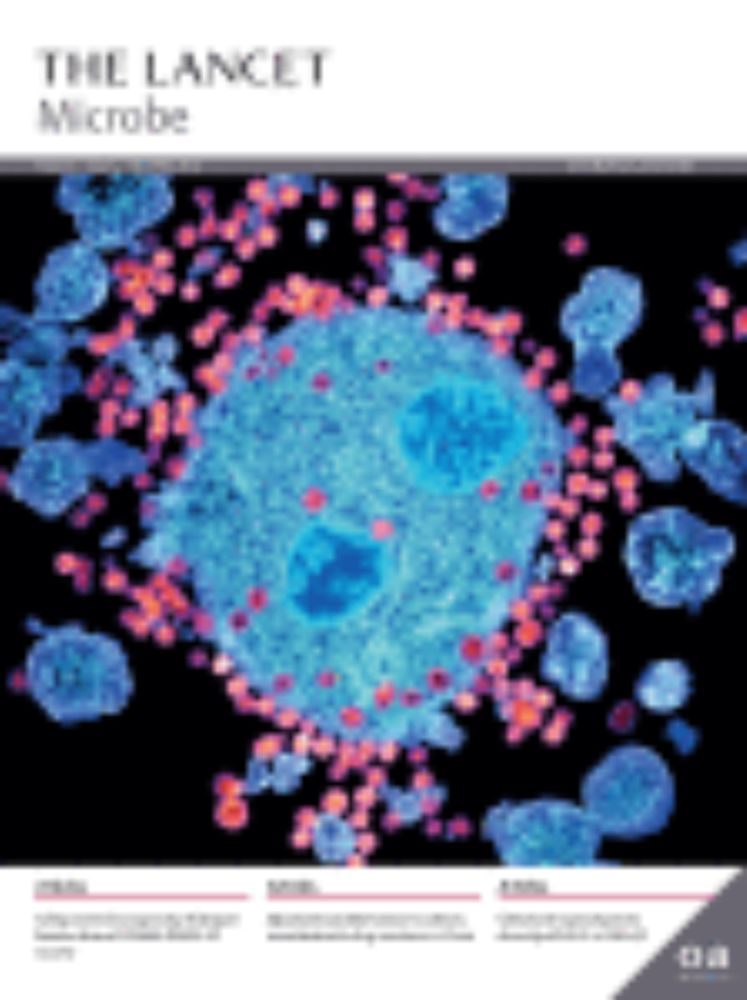
www.biorxiv.org/content/10.1...

www.biorxiv.org/content/10.1...
We just did that to study the history of #AMR spread @science.org
doi.org/10.1126/scie...
If you like time travel & biology, this 🧵is for you👇

We just did that to study the history of #AMR spread @science.org
doi.org/10.1126/scie...
If you like time travel & biology, this 🧵is for you👇
We found mutually exclusive evolutionary pathways to multidrug resistance in E. coli & P. aeruginosa - some resistance mechanisms actively prevent others from coexisting www.biorxiv.org/content/10.1...

We found mutually exclusive evolutionary pathways to multidrug resistance in E. coli & P. aeruginosa - some resistance mechanisms actively prevent others from coexisting www.biorxiv.org/content/10.1...
www.nature.com/articles/s41...

"Evolutionary accumulation modelling in AMR: machine learning to infer and predict evolutionary dynamics of multi-drug resistance"
arxiv.org/abs/2411.00219
We think EvAM methods have some potential in AMR. 🧵

"Evolutionary accumulation modelling in AMR: machine learning to infer and predict evolutionary dynamics of multi-drug resistance"
arxiv.org/abs/2411.00219
We think EvAM methods have some potential in AMR. 🧵
TDLR:
🎉 BlueSky is an awesome place to share research.
❌ Don’t use link shorteners (unless it’s the DOI one)
✅ Keep the link in the post (don’t remove it once you have the auto-preview)
#AcademicSky #PhDSky
Altmetric is thrilled and also LITERALLY RELIEVED to officially announce:
We are now tracking research attention as it happens on Bluesky!
We have been picking up posts on the site since late Oct.
Our team is on Bluesky all day answering questions.
Let's get into it!

TDLR:
🎉 BlueSky is an awesome place to share research.
❌ Don’t use link shorteners (unless it’s the DOI one)
✅ Keep the link in the post (don’t remove it once you have the auto-preview)
#AcademicSky #PhDSky
We show that population exposure to colibactin producing E. coli lineages ST95 and ST73 largely explains global variation in colorectal cancer incidence. Same STs are also major causes of UTIs and may be similarly involved in urinary tract cancers.
www.sciencedirect.com/science/arti...

We show that population exposure to colibactin producing E. coli lineages ST95 and ST73 largely explains global variation in colorectal cancer incidence. Same STs are also major causes of UTIs and may be similarly involved in urinary tract cancers.
www.sciencedirect.com/science/arti...
medrxiv.org/cgi/content/...
medrxiv.org/cgi/content/...

